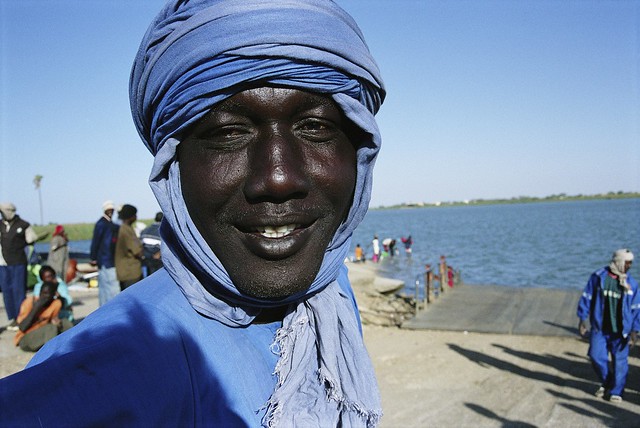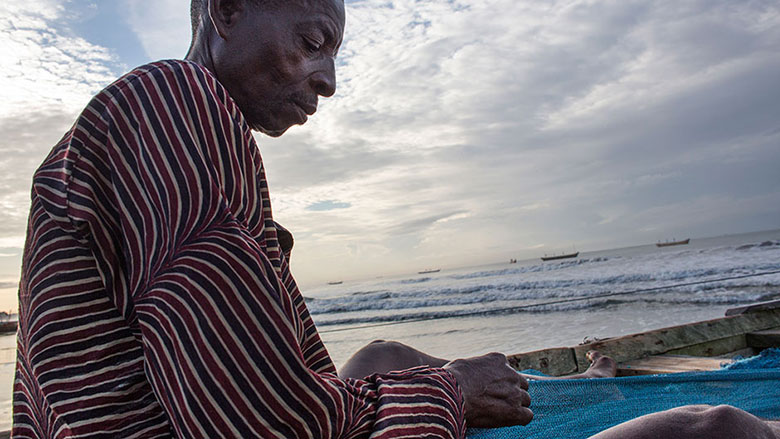Overview
Located in Central Africa, Gabon has substantial natural resources. With a coastline along the Atlantic Ocean, it shares borders with Cameroon, Equatorial Guinea, and the Republic of the Congo. Despite its extensive area, largely forested, Gabon has a relatively small population of approximately 2.3 million as of 2023.
Gabon has one of the highest urbanization rates in Africa, with more than 80% of its population living in urban areas. Libreville and Port-Gentil, the two largest cities, are home to nearly 59% of the population. Youthfulness is a defining demographic characteristic: half the population is under 20 years old, and fertility rates are significantly higher in rural areas (six children per woman) compared to urban areas (four children per woman).
A pioneer in ecological protection, Gabon actively works to preserve its tropical forest, making it a net carbon absorber. The country champions carbon neutrality initiatives. Its diverse ecosystem provides fertile soils, abundant coastal resources, and fisheries. However, despite its economic potential, Gabon struggles to translate resource wealth into sustainable and inclusive growth.
Political Situation
Gabon's political history is nuanced and eventful. Under President Omar Bongo Ondimba, who took power in 1967, Gabon became a single-party state dominated by the Gabonese Democratic Party (PDG).
His son, Ali Bongo Ondimba, succeeded him in 2009 and was re-elected in August 2016 in a highly controversial election marked by relatively low voter turnout (59%). Legislative and municipal elections held in 2018 saw a significant victory for the PDG, which maintained a two-thirds majority in the National Assembly.
Ali Bongo was removed from office on August 30, 2023, following a military intervention led by the Committee for Transition and Institutional Restoration (CTRI). Brigadier General Brice Clotaire Oligui Nguema was appointed President of the transition period. At the beginning of this transition, several institutions, including the Senate, National Assembly, and Constitutional Court, were temporarily dissolved. A presidential election is scheduled for April 12, 2025. The Transitional President General and three other political figures are the four candidates approved for this election under the current electoral code. This electoral milestone will mark the end of Gabon’s transition process.
Economic Situation
Since the August 2023 coup, Gabon has experienced changes in economic policies. Key changes include the adoption of more expansionary fiscal policies, increased efforts to support business and job creation across various sectors, and improvements in the quality and accessibility of infrastructure and public services.
Recently, Gabon's growth accelerated to approximately 2.9% in 2024, up from 2.4% in 2023, primarily driven by accelerated infrastructure projects implemented by the transitional government and increased production of commodities such as oil, manganese, and timber, amid sustained demand from China and Europe, relaxed OPEC+ restrictions, and the exploitation of new oil and mining fields.
Due to accelerated infrastructure projects, the organization of the constitutional referendum in November 2024, and increased social measures, budgetary expenditures rose significantly. Meanwhile, state revenues were negatively impacted by a 4% decline in oil prices, despite increased tax revenue driven by digitalization efforts by the tax administration and the customs office at the country's northern border. Consequently, the fiscal deficit widened to approximately 3.7% of GDP in 2024. Inflation remained on a downward trend, reaching 0.9% in December 2024, thanks to additional measures aimed at controlling living costs and maintaining a restrictive monetary policy by the Central African Economic and Monetary Community’s Bank (BEAC).
Gabon’s economic growth is expected to remain positive but moderate over the coming years due to the gradual depletion of oil reserves, anticipated from 2025 onwards. However, sectors such as timber, palm oil and rubber plantations, and iron ore—following the recent start of production at the Belinga iron ore mine in 2024—are expected to play key roles in future growth.
Nevertheless, significant risks weigh on Gabon’s growth outlook. Geopolitical tensions and rising protectionism could affect Gabon's market access, while weaker demand from major trading partners such as China and the EU may impact export performance. Another significant risk is the deterioration of the fiscal situation due to expected declines in oil revenues from 2025, combined with strong pressure on public expenditures to rapidly and tangibly improve living conditions. Gabon is also exposed to risks of reduced access to external financing and higher borrowing costs, given tightening global financial conditions and limited borrowing capacity of CEMAC countries on the regional financial market. Without corrective measures, increasing fiscal deficits could undermine debt sustainability.
Last Updated: Apr 07, 2025







